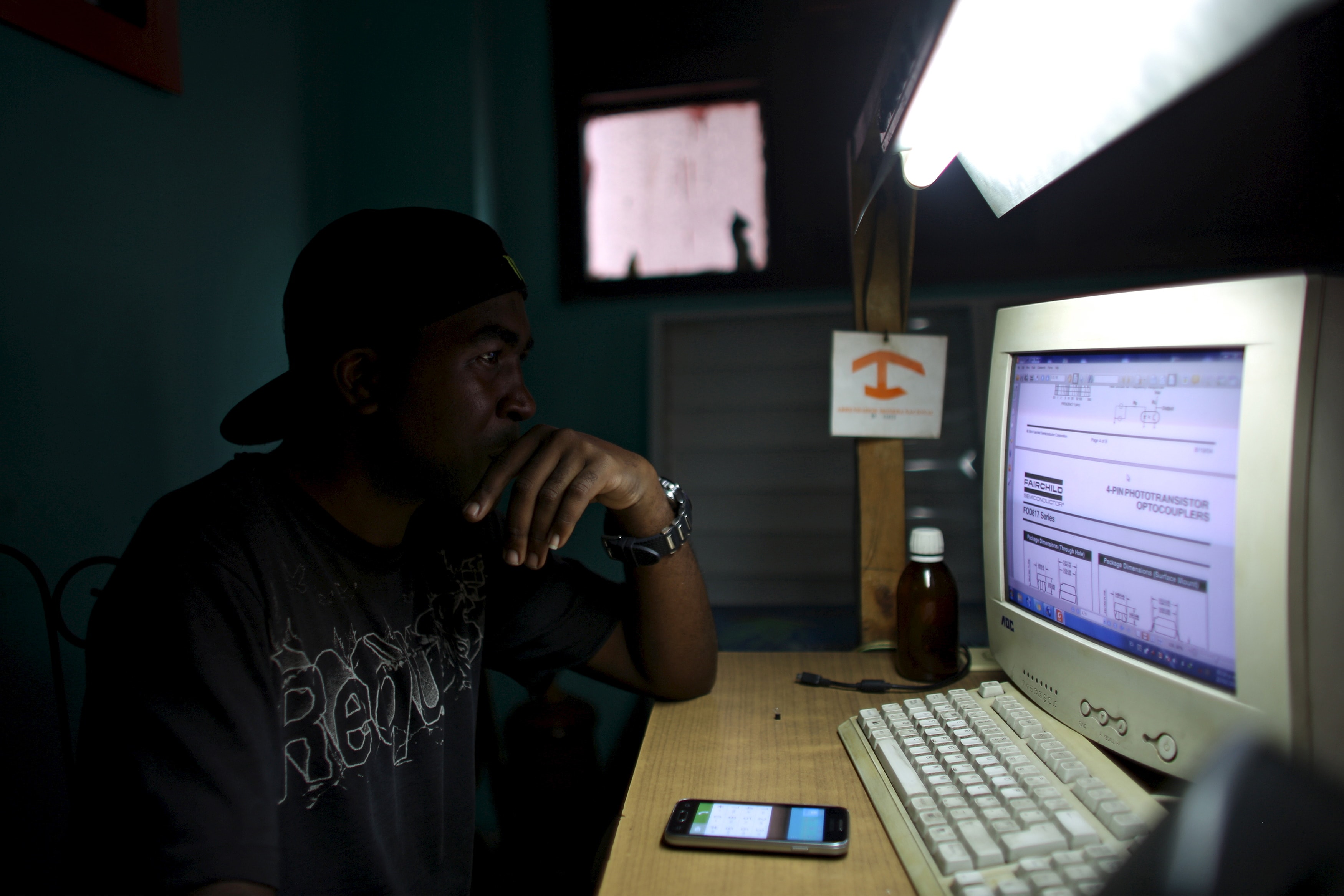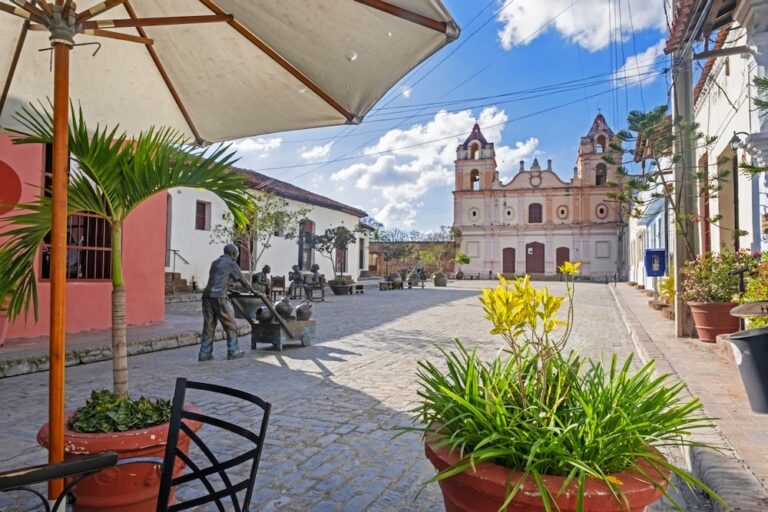The energized press scene in Cuba contrasts with the island nation's restrictive legal framework, which curbs freedom of speech under the guise of protecting the "independence or territorial integrity of the state."
This statement was originally published on cpj.org on 25 April 2017.
By Carlos Lauría
Cuba’s media landscape has begun opening up in recent years, transformed by a lively blogosphere, an increasing number of news websites carrying investigative reporting and news commentary, and an innovative breed of independent reporters who are critical of, yet still support, socialist ideas.
The energized press scene contrasts with the island nation’s restrictive legal framework, which curbs freedom of speech under the guise of protecting the “independence or territorial integrity of the state.” Though the constitution bans private ownership of the press and all media are supposedly controlled by the one-party Communist state, the spread of independent reporting is a sign of change.
Reporters, from the most critical – who are known as dissidents – to journalism school graduates, documentary filmmakers, and pro-revolutionary bloggers, are opening new spaces for free expression and entrepreneurial journalism that seemed off limits just a few years ago.
Bloggers said they have embraced the loosening of restrictions. “We are seeing opportunities that were inconceivable five years ago,” said Alejandro Rodríguez, who quit his job in 2012 at Adelante, a state-run weekly in the eastern city of Camagüey, to start a blog.
However, many said that more work needs to be done, with the threat of arbitrary detention, vague and outdated laws, and limitations on internet access slowing Cuba’s press freedom progress.
Internet access in Cuba, which the U.N. rates among the lowest in the Western Hemisphere, is still inaccessible to most citizens. And though large-scale systematic state repression has eased significantly, the most strident opponents in the media say they still face harassment and intimidation from authorities.



